Julia the Elder, the only biological daughter of Augustus, the first Roman emperor, lived a life that was intertwined with the politics of her time. Born in 39 BC, she grew up during a period of significant transition for Rome, witnessing her father’s transformation from Octavian to Augustus and the establishment of the Roman Empire. As a central member of the Julio-Claudian dynasty, her life was shaped by her family connections, her marriages, and her role in the political theater of Rome.
Her marriages to Marcellus, Agrippa, and finally, Tiberius were strategic, designed to strengthen alliances and secure the imperial succession. Julia’s public persona was one of dignity and compliance, befitting the daughter of Augustus, yet her personal life became the subject of scandal. In 2 BC, she was exiled for adultery and treason, a downfall that contributed to the history of her era as an example of the personal risks inherent in the interplay of power and morality within the ruling family.
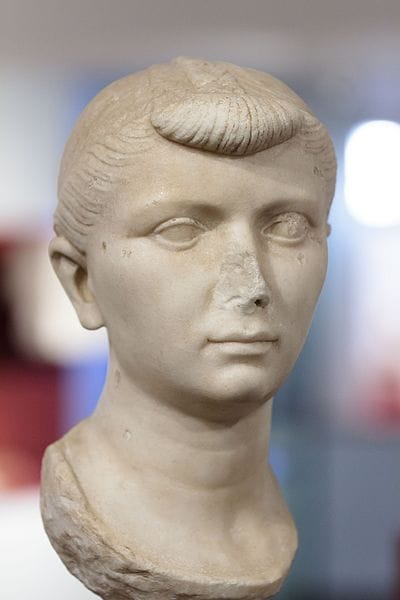
Key Takeaways
- Julia the Elder was a key figure in Rome’s Julio-Claudian dynasty, serving as a political asset through her marriages.
- Her life was marked by marital alliances that bolstered the empire’s stability, as well as by significant personal scandal.
- Julia’s public downfall had lasting implications on the historical narrative of the early Roman Empire.
Early Life and Family
Birth and Ancestry
Julia the Elder was born in 39 BC to the Roman Emperor Augustus and his second wife, Scribonia. On the very day, her father divorced her mother to marry Livia, Julia’s stepmother, signifying a strategic political alliance. Her birth linked her directly to the Julio-Claudian dynasty, an influential bloodline in Roman history, as she was the only biological child of Augustus.
Education and Upbringing
From a young age, Julia was educated in accordance with traditional Roman customs, which valued literary and oratorical skills even for females of her standing. Her upbringing was overseen by her father, Augustus, who ensured she received training appropriate for her status within the imperial family. Julia’s early education included learning to manage household affairs and participation in Rome’s religious and social life, preparing her for the influential roles she would later adopt.
Throughout her childhood, Julia’s presence in the imperial household would be shaped by her father’s alliances, including her marriage at a young age to Marcellus, followed by unions with Marcus Vipsanius Agrippa and Tiberius. Her familial connections, notably with Agrippina the Elder as her daughter, would further cement her legacy and influence within the empire.
Marriages and Alliances
She was central to her father’s dynastic plans. Her marriages were strategic alliances that sought to secure the imperial succession and stabilize the Roman Empire.
First Marriage to Marcellus
She was first married to her cousin Marcus Claudius Marcellus, a union orchestrated by Augustus with the aim of keeping the power within the family. Despite the potential for power and influence, the marriage was short-lived due to Marcellus’s early death, which left Julia widowed without producing an heir.
Union with Agrippa
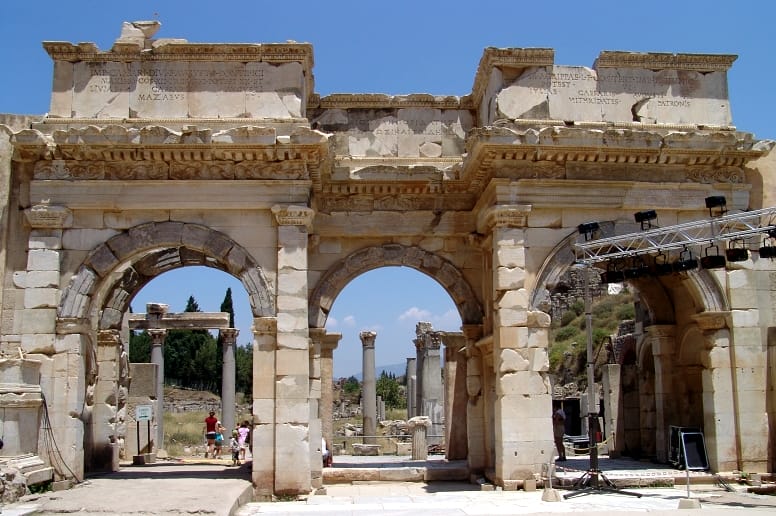
Subsequently, Julia’s arranged marriage to Agrippa, a close friend and military commander of Augustus, was pivotal in consolidating power. This union produced five children: Gaius, Lucius, Agrippa Postumus, Julia the Younger, and Agrippina the Elder. Through the birth of Gaius and Lucius, Julia provided heirs to the throne, which entrenched her role as Julia Augusti Filia in Rome’s political landscape.
Tiberius and Political Intrigue
Julia’s final marriage to Tiberius was marked by political intrigue. Although an unwilling participant in the arranged marriage, Tiberius was a stepson of Augustus and an experienced military leader. This alliance further intertwined the imperial family’s connections and positioned Tiberius as a potential successor to Augustus despite the subsequent exile of Julia due to her scandalous behavior and alleged involvement in conspiracies against the Empire.
Political Role and Influence
Julia the Elder, widely known in the Roman Empire as Julia Major, navigated the treacherous political landscape with shrewdness. Her influence extended beyond her immediate familial ties, particularly in matters of political alliances and succession.
Public Image and Honor
Julia the Elder’s stature as a member of the imperial family provided her with significant public weight. She was celebrated through various public honors, solidifying her as an important figure. The coinage bearing her likeness served as a testament to her impact and was an effective tool in depicting her as an emblem of Roman matronly virtues.
Involvement in Succession
Julia’s input held importance in the political environment of succession. As Augustus’ only biological child, she was central to the establishment of alliances through her marriages. Livia, her stepmother, played a notable role in shaping her journey. Despite Julia’s influence, their maneuvering for power often led to her being a political chess piece, notably in her union with the future Emperor Tiberius. This marriage was more a strategic alignment than a personal choice, deeply entwined with the tides of power within the Roman Empire.
Scandal and Downfall
Julia the Elder was in a notorious scandal involving adultery and treason, leading to her downfall and subsequent exile. Her life turned from one of imperial prestige to desolation, which ultimately culminated in her death and a muted aftermath.
Exile to Pandateria
Following the revelation of Julia’s involvement in what was deemed adulterous behavior and potentially treasonous activities, Emperor Augustus imposed a severe punishment. In 2 BC, she was exiled to the small island of Pandateria (Ventotene), a remote location known for its harsh conditions and isolation, further accentuating the disgrace of her scandal.
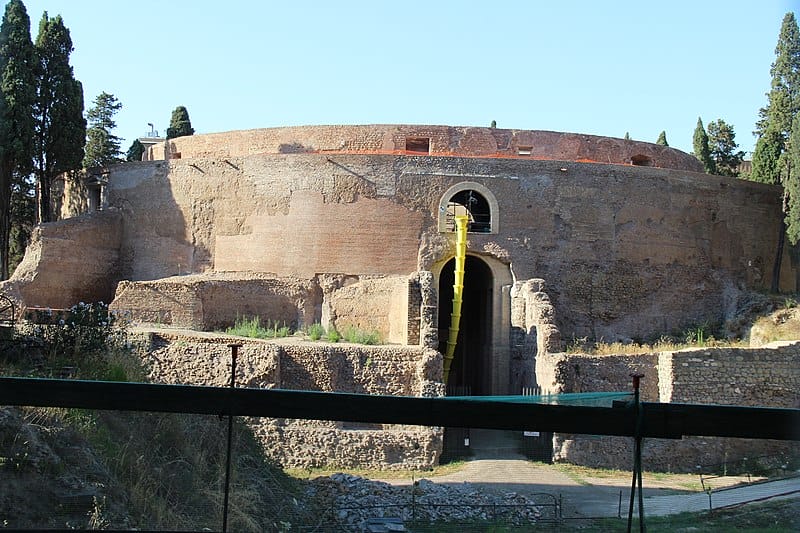
Life in Exile
Julia’s life in Pandateria was marked by mourning and malnutrition. Reports suggest her daily sustenance was meager, contributing to her deteriorating health. The island, a stark contrast to her previous life in Rome, served as a place of solitude away from family and former societal status.
Death and Aftermath
Julia the Elder’s death, which occurred possibly due to the hardships of exile or her declining health, saw her removed from Pandateria. Although she was the daughter of an emperor, she was not initially buried in the Mausoleum of Augustus. Her demise was followed by a period of mourning among her sympathizers, yet the mention of her in historical texts remained limited, as though her existence was somewhat shadowed by the scandal that led to her downfall.
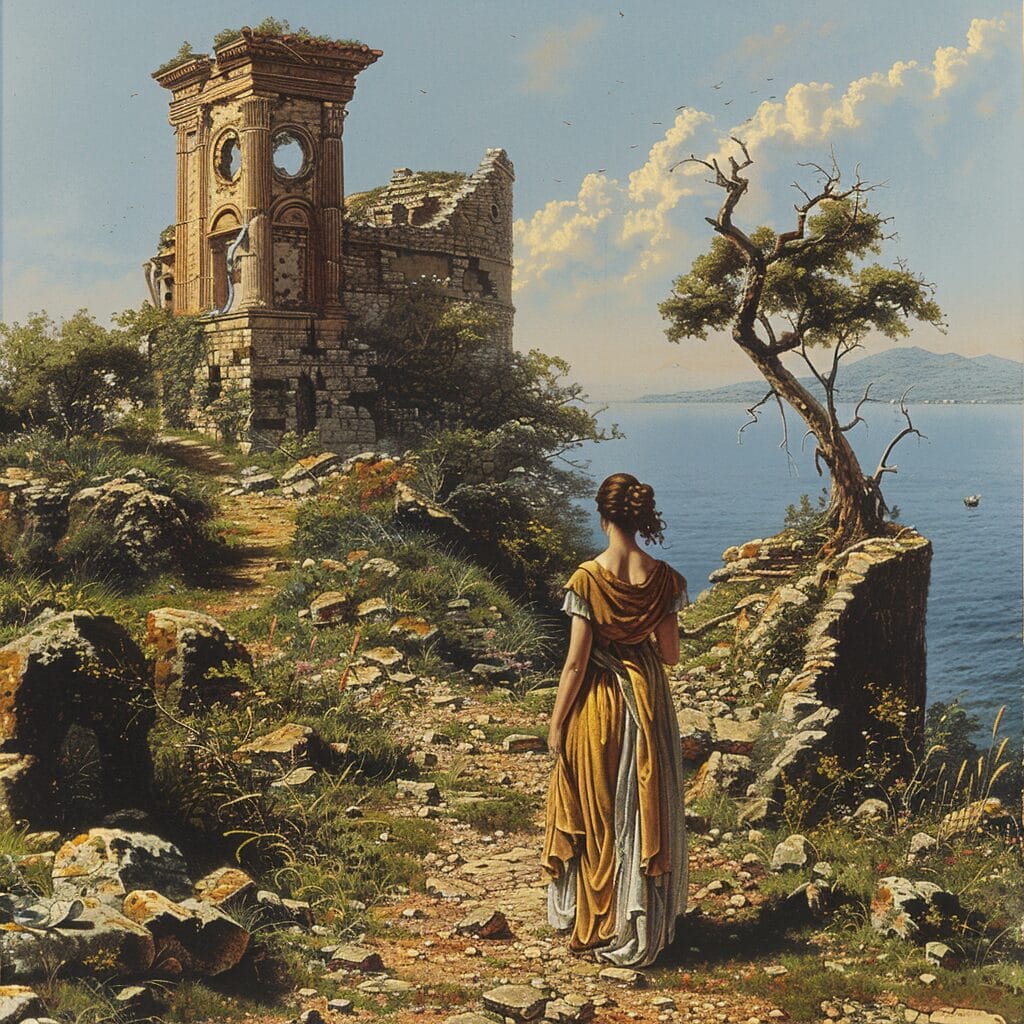
Cultural and Historical Impact
She held a position that extended her influence into various spheres of Roman life. Her presence and actions had a profound impact on literature, society, and the public perception of women in the Roman Republic.
Literary Depictions
Suetonius and Tacitus, prominent historians of Classical Latin literature, portray Julia in contrasting lights. Suetonius details the scandalous aspects of her life, often with a moralizing tone, while Tacitus presents a more measured account, acknowledging her political significance. The works of Macrobius, however, offer a more favorable and intimate depiction, thereby highlighting Julia’s enduring role in shaping the narrative of Roman history and the cultural understanding of women in high positions.
Julia’s Significance in Roman Society
Julia the Elder’s significance is reflected in the societal response to her exile. Her banishment not only marked a turning point in her father’s reign but also underscored the complex dynamics of power and morality in Roman society. Engaging with the Roman people through her charitable acts and participation in public religious ceremonies, Julia personified a blend of traditional Roman femininity and progressive cultural changes. This duality is pivotal to understanding her Cultural Impact and the evolving attitudes towards women in Roman society.
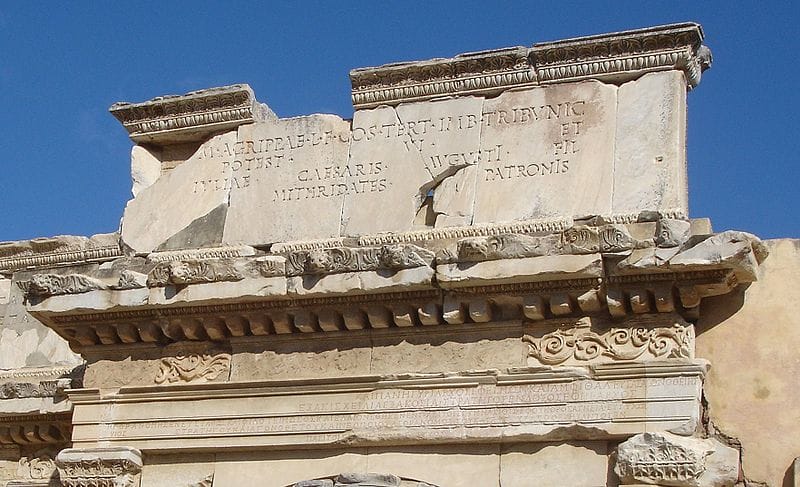
Source: Lyn Gateley from Silicon Valley, CA, USA, CC BY 2.0 https://creativecommons.org/licenses/by/2.0, via Wikimedia Commons
People Also Ask:
What were the circumstances surrounding the death of Julia the Elder?
Julia the Elder died in 14 AD under mysterious conditions after a long period of exile on the island of Pandateria. Historical records do not conclusively determine the cause of her death.
Who were the children of Julia the Elder, and what were their fates?
Julia the Elder had five children: Gaius Caesar, Lucius Caesar, Julia the Younger, Agrippa Postumus, and Agrippina the Elder. Gaius and Lucius died young, Agrippa Postumus was executed, Julia the Younger was exiled for adultery, and Agrippina the Elder married Germanicus and played a crucial role in imperial politics.
What were the reasons behind Julia the Elder’s exile from Rome?
She was exiled by her father, Emperor Augustus, in 2 BC, due to charges of treason and adultery. Her exile was also politically motivated as her behaviors and alliances opposed Augustus’ vision for morality and succession.
Can you detail the marital history of Julia the Elder?
Julia the Elder was married three times. Her husbands were Marcellus, Agrippa, and finally Tiberius. Each marriage was strategic, aligning with her father’s political motives and Rome’s succession plans.
What is known about the life of Augustus’ daughter Julia throughout her lifetime?
Known for her beauty and wit, Julia the Elder’s life was characterized by her pivotal role in Augustus’ dynastic plans, her social prominence in Rome, and the scandal that led to her downfall and subsequent exile.
How are Julia the Elder’s grandchildren significant in Roman history?
Julia the Elder’s grandchildren included Emperor Caligula, Empress Agrippina the Younger, and Emperor Nero. Their reigns were marked by significant events and controversies that left a lasting impact on Roman history.
Hello, my name is Vladimir, and I am a part of the Roman-empire writing team.
I am a historian, and history is an integral part of my life.
To be honest, while I was in school, I didn’t like history so how did I end up studying it? Well, for that, I have to thank history-based strategy PC games. Thank you so much, Europa Universalis IV, and thank you, Medieval Total War.
Since games made me fall in love with history, I completed bachelor studies at Filozofski Fakultet Niš, a part of the University of Niš. My bachelor’s thesis was about Julis Caesar. Soon, I completed my master’s studies at the same university.
For years now, I have been working as a teacher in a local elementary school, but my passion for writing isn’t fulfilled, so I decided to pursue that ambition online. There were a few gigs, but most of them were not history-related.
Then I stumbled upon roman-empire.com, and now I am a part of something bigger. No, I am not a part of the ancient Roman Empire but of a creative writing team where I have the freedom to write about whatever I want. Yes, even about Star Wars. Stay tuned for that.
Anyway, I am better at writing about Rome than writing about me. But if you would like to contact me for any reason, you can do it at contact@roman-empire.net. Except for negative reviews, of course. 😀
Kind regards,
Vladimir
